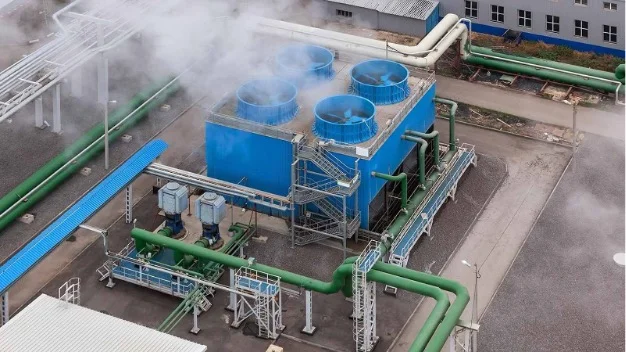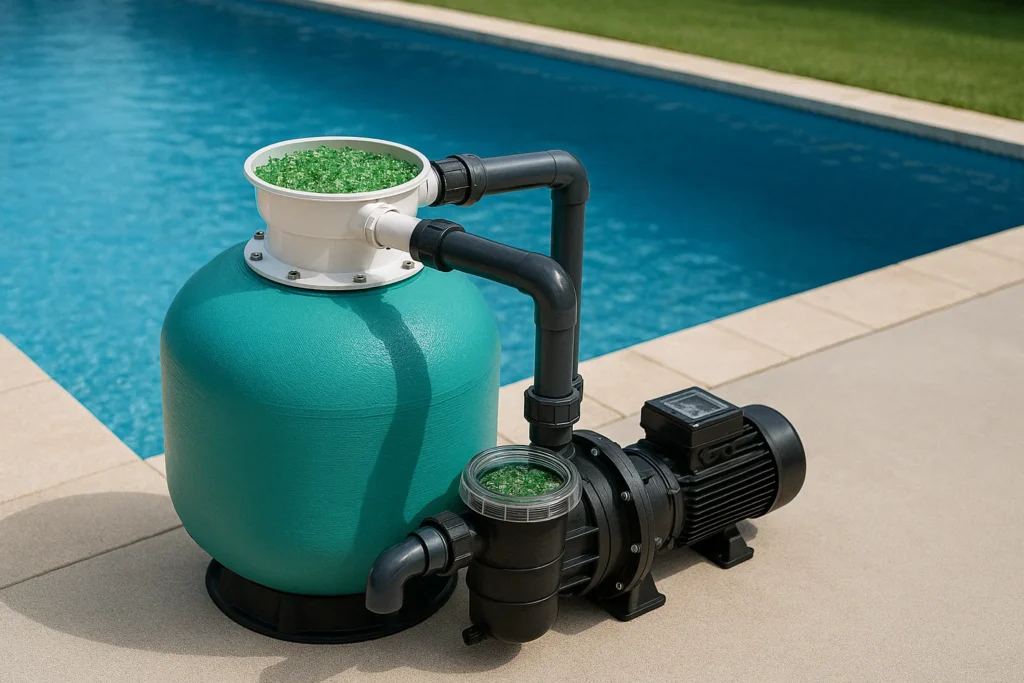
In the world of water treatment, especially in systems like Effluent Treatment Plants (ETPs) and Sewage Treatment Plants (STPs), microbial or bacterial cultures play a pivotal role.
They’re vital to the efficient functioning of these systems, fostering the growth of Mixed Liquor Suspended Solids (MLSS) and Mixed Liquor Volatile Suspended Solids (MLVSS) and reducing pollutants like Chemical Oxygen Demand (COD), Biological Oxygen Demand (BOD), and other organic impurities.
However, as important as these microbial solutions are, one thing is clear: a one-size-fits-all approach does not work.
Why Standardized Microbial Solutions Fall Short
Effluent treatment isn’t a straightforward task. While the core principles of water treatment remain the same, the nature of the effluent varies significantly based on several factors:
- Industry Type: Effluents from industries such as pharmaceuticals, textiles, food processing, and oil refining contain vastly different compositions.
- Specific Impurities: Some effluents may have a high concentration of fats, oils, and grease (FOG), while others may contain heavy metals or high levels of ammoniacal nitrogen.
- Variability in Organic Load: The COD and BOD levels in effluents can differ greatly, making it challenging to apply a universal solution.
These differences mean that no two effluents are the same, and each requires a customized approach.
The Importance of In-depth Analysis
Before applying any bacterial culture for effluent treatment, an in-depth analysis is critical. Identifying the exact composition of the effluent through laboratory testing allows for a deeper understanding of the pollutants present and the biological needs required to degrade them.
Lab trials, tailored to the unique characteristics of the effluent, help determine which bacterial strain combinations and concentrations are most effective in addressing specific challenges.
By conducting these tests and trials, water treatment experts can ensure that the microbial solutions chosen will not only grow in the treatment environment but also thrive and function optimally, breaking down the pollutants effectively.
Customizing Bacterial Strain Combinations for Best Results
Different effluents demand different bacterial strains. For instance:
- FOG Degradation: Some bacteria are specialized in breaking down fats, oils, and grease, making them essential for industries like food processing or oil refineries.
- Ammoniacal Nitrogen Reduction: Certain strains can target high concentrations of ammoniacal nitrogen, a common challenge in wastewater from industries such as fertilizers or animal processing.
- Septic Systems: Bacteria that can handle low oxygen environments are crucial for septic tanks or anaerobic digesters.
The strain combination, concentration, and application method all play a crucial role in ensuring that the treatment is efficient and cost-effective.
PureBact: Tailored Bacteria Culture Solutions
At PureBact, we understand that no effluent is the same. That’s why we go beyond standard solutions. Our team of experts conducts a thorough analysis of the effluent at our state-of-the-art laboratory. After careful examination, we develop a customized bacterial strain concoction, perfectly tailored to meet the specific challenges posed by the effluent. Our process doesn’t end there; we perform further studies and carry out additional trials to ensure that our solution delivers the results you need.
Whether you’re dealing with FOG, ammoniacal nitrogen, or the complexities of a septic tank environment, our range of microbial cultures is designed to handle the toughest water treatment challenges across industries. With PureBact, you can be confident in receiving a full-proof solution that’s backed by science, testing, and a commitment to quality.
By relying on PureBact’s bacterial culture solutions, you ensure that your treatment system receives the precise microbial solution it needs to tackle even the most challenging pollutants, with guaranteed results. Let us take the guesswork out of microbial water treatment—trust PureBact for a solution that’s designed just for you.





